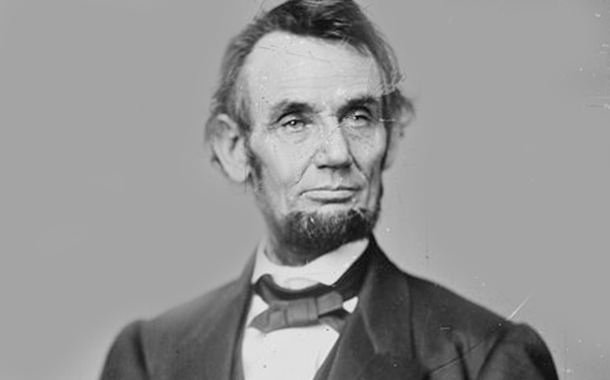<![CDATA[On the 22nd September 1862, Abraham Lincoln issued the initial Emancipation Proclamation. The preliminary proclamation set a date for three million slaves in the United States to be set free. It stands as a key moment for the abolition of slavery in the United States of America, and a significant event in framing the context of the American Civil War. The official Emancipation Proclamation would be issued on the 1st January 1863. It was directed at the ten states still in rebellion during the Civil War, and ordered all slaves to be set free, with no clauses to compensate slave owners. It also encouraged the recruitment of able bodied black men into the Union's armed forces. By the end of the war, 180,000 African Americans served in the army and a further 18,000 in the navy. The Proclamation provided a legal framework for slaves to be set free in Confederate areas as they slowly succumbed to Union control. Between 20,000 and 50,000 slaves in already defeated areas were immediately emancipated when the proclamation was made. Lincoln's initial proclamation on the 22nd September was important as it set a time frame for the abolition of slavery - a hundred days. It also added a new moral justification to the war. Until 22nd September, Lincoln hadn't mentioned slavery as a consideration behind the conflict - the official line was that the war was being fought to return the rebel states to the union. Abolitionists and radical Republicans had wanted a proclamation on slavery to be made at the start of the conflict. Lincoln, as an abolitionist himself, probably wanted to make it as soon as possible, but he also realised the importance of winning wider support before making such a statement. Lincoln's hesitancy in this suggests that not all of the Union viewed the abolition of slavery as an adequate reason for war, at least at the start of the conflict. Slavery wasn't the only reason behind the Civil War. The Northern and Southern states had been becoming increasingly polarised on a variety of issues since early in the nineteenth century. The differences over the legality of slave ownership were just one symptom of the increasing separation between North and South, rather than the route cause. This is highlighted in the disagreement over State's rights, which manifested itself in a dispute over the right of southern slave owners to take their property (i.e. slaves) to a state where slavery was outlawed, without their property being taken away (the slaves freed). The northern 'free states' argued that this contravened their right to outlaw slavery within their borders. Ultimately, the bigger conflict at play was that between the rights of individual states verses centralised power. This eventually triggered the war when the Confederate States seceded from the Union to try and achieve greater autonomy. The opposition of North and South was also apparent in their economies. By 1860 most of the Northern states were well on their way to industrialisation and widespread urbanisation, whereas the South was largely agricultural with an economy built around growing and selling cotton. While the Northern States wanted tariffs to protect their fledgling industry, the Southern States wanted to import manufactured goods from Europe at the cheapest prices. The US government had been reducing tariffs to appease the South since the 1830s, something which angered Northern industrialists. These economic differences were also expressed in the dispute over slavery. The southern states relied on cheap labour, something which slavery facilitated. Again, slavery was a manifestation of much broader differences between the two states. Lincoln, the sixteenth US President, was a controversial figure before he had even been inaugurated. He is now considered one of the United States' greatest presidents, but his election in 1860 meant that many Southern States had seceded before he was even inaugurated. The Republican Party had declared before the election that it would prevent the spread of slavery throughout the United States. Lincoln won the election despite not winning a single southern state, highlighting the split through the country. The initial Emancipation Proclamation in 1862 was vital in applying a moral justification to the American Civil War. It made it impossible for European powers such as Britain and France to assist the South, as they couldn't be seen to support slave ownership. The conflict between the North and South was complicated and deep rooted. The Emancipation Proclamation allowed the Union to simplify the causes of the fighting, and frame it as a moral crusade.]]>
The Emancipation Proclamation
